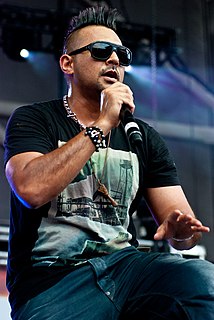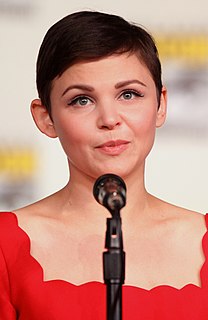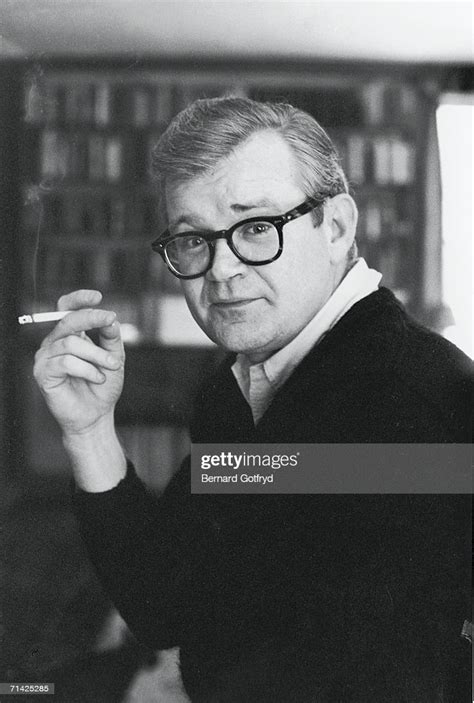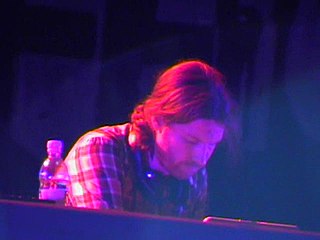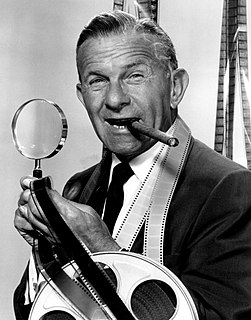A Quote by Rue McClanahan
I've been allowed to develop my own character, which I'm still working on.
Related Quotes
The black experience, which has nothing to do with my play 'Angels in America,' allowed me to understand the Mormon character. He was the character that couldn't come out to his mother. It allowed me to understand emotional and closeted behavior, because you're so acutely aware of how you're perceived.
I've been lucky that even when I was younger, just because of my look or whatever, I was afforded the opportunity or called on to try. 'Can you do this Hispanic character?' 'Can you do this Italian character?' 'Can you do this Jewish-American character?' I just had to develop a facility for their accents.
Does character develop over time? In novels, of course it does: otherwise there wouldn't be much of a story. But in life? I sometimes wonder. Our attitudes and opinions change, we develop new habits and eccentricities; but that's something different, more like decoration. Perhaps character resembles intelligence, except that character peaks a little later: between twenty and thirty, say. And after that, we're just stuck with what we've got. We're on our own. If so, that would explain a lot of lives, wouldn't it? And also - if this isn't too grand a word - our tragedy.
In my experience, writing a novel tends to create its own structure, its own demands, its own language, its own ending. So for much of the period in which I'm writing, I'm waiting to understand what's going to happen next, and how and where it's going to happen. In some cases, fairly early in the process, I do know how a book will end. But most of the time, not at all, and in this particular case, many questions are still unanswered, even though I've been working for months.
Your character is your destiny. Building character is a task for the brave and dedicated. There are no shortcuts when it comes to building character. If you wish to cure minimalism in your own life, to develop a complete commitment to excellence and an absolute rejection of mediocrity, the question you need to start asking yourself is, "What is the most I can do?"



